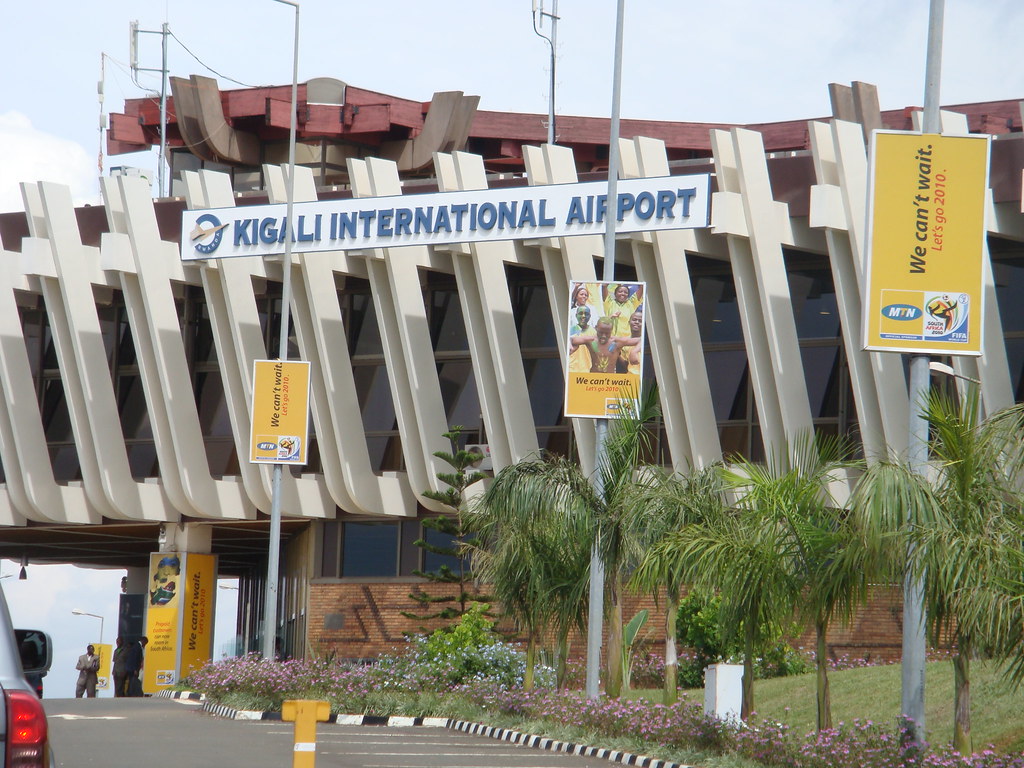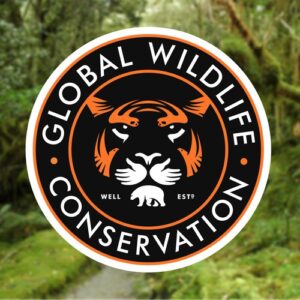Is Rwanda Safe for Tourists?
Rwanda, famously known as the Land of a Thousand Hills, has transformed from a tragic past into one of Africa’s safest, cleanest, and most welcoming destinations. Today, the country stands as a shining example of stability, conservation, and sustainable tourism. From Kigali’s spotless streets to the misty forests of Volcanoes National Park, visitors to Rwanda are met with warmth, security, and professionalism at every turn. Whether you’re planning a gorilla trekking adventure, a cultural tour, or a luxury lakeside retreat, Rwanda offers an experience that is not only breathtaking but also remarkably safe.
A Remarkable Transformation
Since the 1994 genocide, Rwanda has undergone an extraordinary recovery. The government has prioritized peacebuilding, community unity, and economic growth, turning the nation into one of the most secure and forward-thinking countries in Africa. Rwanda’s political stability and low crime rates have made it a model for governance and safety in the region.
Kigali, the capital, is often described as one of the cleanest and safest cities in Africa. Streets are well-maintained, public order is respected, and security personnel are visible and helpful. Visitors can walk around comfortably, even at night, something rarely said of major African capitals. The city’s organization and sense of pride reflect Rwanda’s deep commitment to progress and safety.
Tourist Safety and Security
Rwanda’s tourism industry operates under strong safety and conservation standards. The country’s main tourist attractions—Volcanoes National Park, Akagera National Park, and Nyungwe Forest National Park—are well-protected by the Rwanda Development Board (RDB) and dedicated ranger units. Each park maintains strict visitor guidelines and controlled entry, ensuring that both wildlife and travelers remain safe.
Visitors on gorilla or chimpanzee trekking experiences are always accompanied by armed rangers and professional guides. The treks are well-managed, and routes are regularly patrolled. Incidents involving tourists in Rwanda’s parks are exceedingly rare, a testament to the effectiveness of these protective systems.
Petty crime such as pickpocketing can occur in urban areas, as in any destination, but it is minimal compared to many other countries. Basic precautions—keeping valuables secure, avoiding unlicensed taxis, and using hotel safes—are usually sufficient.
Political and Regional Stability
Rwanda remains politically stable, with strong governance and an efficient security network. The government’s strict law enforcement contributes to a general sense of order and discipline. While the country shares borders with the Democratic Republic of Congo and Burundi—regions that have seen instability—Rwanda’s borders are closely monitored, and tourist areas remain far from potential unrest zones.
Travelers are advised to stay updated on government travel advisories, but overall, Rwanda’s internal security remains firm, making it a consistent favorite among international visitors and safari operators.
Health and Travel Requirements
Rwanda maintains clear health protocols for all international travelers. A Yellow Fever vaccination certificate is required for visitors coming from endemic countries, and routine vaccinations (hepatitis A, typhoid, tetanus) are recommended. The country’s healthcare infrastructure, particularly in Kigali, is modern and reliable.
In 2025, there are no major travel restrictions related to COVID-19. Entry procedures have returned to normal, with electronic visas available online for most travelers. The Rwanda e-Visa system is simple and efficient, with approvals typically processed within three business days.
Malaria is present, especially in lower-altitude regions such as Akagera, so visitors should take prophylactic medication and use insect repellent. Clean drinking water is available at hotels and lodges, and most tourist establishments maintain international hygiene standards.
Rwanda’s Commitment to Responsible Tourism
Rwanda’s approach to tourism is deeply rooted in sustainability, safety, and community empowerment. Park rangers, guides, and lodges are extensively trained to ensure visitor safety and ecological balance. The country’s focus on conservation has led to thriving wildlife populations, including the remarkable recovery of mountain gorillas, golden monkeys, and lions in Akagera National Park.
The government’s “Visit Rwanda” campaign, known for partnerships with global brands like Arsenal and Paris Saint-Germain, further highlights the nation’s confidence and growing reputation as a safe and premium travel destination.
Tips for a Safe Visit
-
Use registered tour operators for gorilla trekking and wildlife safaris.
-
Respect park rules and follow ranger instructions at all times.
-
Avoid border areas near the DRC unless part of an authorized tour.
-
Stay informed about current events through official tourism channels or your embassy.
-
Keep travel documents and valuables secure, especially in busy markets or transport hubs.
A Safe Haven in the Heart of Africa
Rwanda’s story is one of resilience and renewal. Its people are proud, hospitable, and deeply committed to peace. Visitors are often struck by the sense of unity, cleanliness, and safety that define the country today. Whether you’re tracking gorillas in Volcanoes National Park, exploring Nyungwe’s forest canopy walk, or cruising through Akagera’s wildlife-filled savannahs, Rwanda feels as safe as it is beautiful.
In short—yes, Rwanda is safe for tourists. It’s not only a secure destination but also one that leads by example in conservation, hospitality, and sustainable development. Rwanda proves that safety, nature, and culture can flourish together, creating an experience that is both inspiring and unforgettable.





